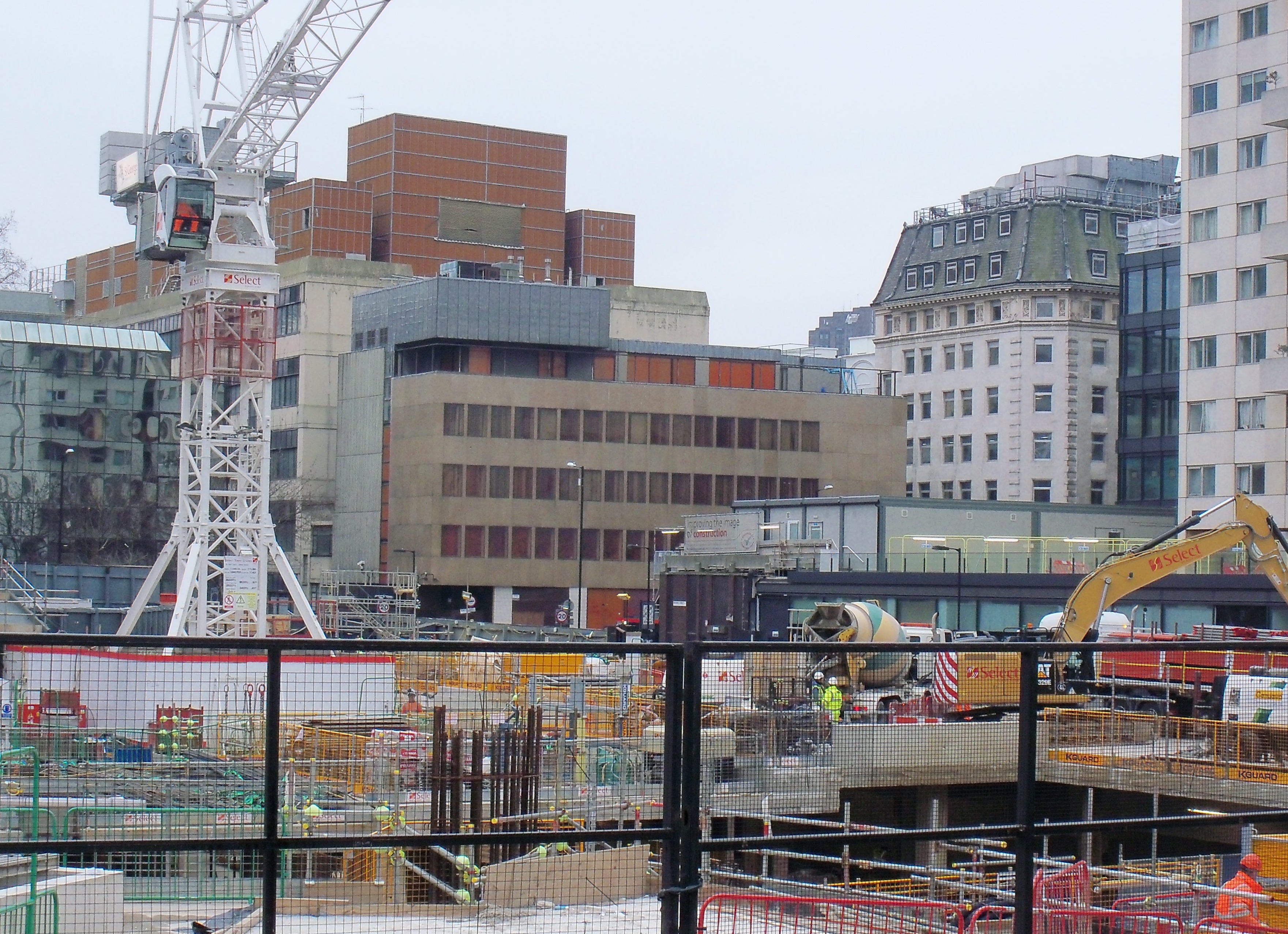Development
Development, in terms of land, property or real estate, is a complex process of coordinating various activities to transform ideas and plans into physical reality. As a business process, it involves the financing, construction, renovation or refurbishment of buildings and land in order to make a profit.
The key phase in property development is deciding the nature of the development to be undertaken and whether or not to proceed with it. These decisions are based on an evaluation of the market, and financial appraisal of the proposed development, including the likely constraints, risks and profit.
The development process can be summarised as:
- Initiation and evaluation.
- Land and property acquisition.
- Design and permissions.
- Construction.
- Management or disposal.
Development is a much wider process than construction, which is principally the building of something such as a house, tunnel, bridge, etc. However, developers often manage the construction process as part of the overall development.
Development evaluation requires assessment of a great number of criteria; funding can be difficult to secure, purchases and sales can take considerable time, and developments can require a great deal of management.
Planning permission is the legal process of determining whether proposed developments should be permitted. Responsibility for planning lies with local planning authorities (usually the planning department of the district or borough council). Other than permitted developments, (which are considered to have insignificant impact), all developments require planning permission. This can be one of the most significant risks for developments.
The term 'speculative development' describes a process in which unused land is purchased or a building project is undertaken with no formal commitment from any end users. In other words, the end user of the development is unknown, but the developer is nonetheless confident not only that they will be able to find a one, but that the type of development they are undertaking will be suitable.
A 'committed development' is one that has received full or outline planning permission, or is allocated in an adopted development plan.
The National Planning Policy Framework (NPPF) refers to the term developable and suggests that: ‘To be considered developable, sites should be in a suitable location for housing development with a reasonable prospect that they will be available and could be viably developed at the point envisaged.’
The National Planning Policy Framework was revised in response to the Levelling-up and Regeneration Bill: reforms to national planning policy consultation on 19 December 2023 and sets out the government’s planning policies for England and how these are expected to be applied. This revised Framework replaces the previous National Planning Policy Frameworkpublished in March 2012, 2018, 2019, and 2021 and September 2023, for further details follow this link National Planning Policy Framework updated 2023.
For more information see: Developer.
Designing Buildings has a range of articles relating to development, including:
- Buyer-funded development.
- Cost-benefit analysis in construction.
- Developer.
- Development appraisal.
- Development footprint.
- Development manager.
- Endogenous development.
- Equity and loan capital for property development.
- Hope value.
- Investment.
- Jeffrey D. Sachs: Why we need to invest for sustainable development.
- Local development orders.
- Major development.
- Meanwhile use.
- Neighbourhood development order.
- Permitted development.
- Property.
- Property development and music.
- Property development finance.
- Real estate investment trust.
- Reconciling conservation and sustainable development.
- Regenerative development.
- Speculative construction.
- Stakeholders in development projects.
- Sustainable development.
- Types of development.
Featured articles and news
Creativity, conservation and craft at Barley Studio. Book review.
The challenge as PFI agreements come to an end
How construction deals with inherit assets built under long-term contracts.
Skills plan for engineering and building services
Comprehensive industry report highlights persistent skills challenges across the sector.
Choosing the right design team for a D&B Contract
An architect explains the nature and needs of working within this common procurement route.
Statement from the Interim Chief Construction Advisor
Thouria Istephan; Architect and inquiry panel member outlines ongoing work, priorities and next steps.
The 2025 draft NPPF in brief with indicative responses
Local verses National and suitable verses sustainable: Consultation open for just over one week.
Increased vigilance on VAT Domestic Reverse Charge
HMRC bearing down with increasing force on construction consultant says.
Call for greater recognition of professional standards
Chartered bodies representing more than 1.5 million individuals have written to the UK Government.
Cutting carbon, cost and risk in estate management
Lessons from Cardiff Met’s “Halve the Half” initiative.
Inspiring the next generation to fulfil an electrified future
Technical Manager at ECA on the importance of engagement between industry and education.
Repairing historic stone and slate roofs
The need for a code of practice and technical advice note.
Environmental compliance; a checklist for 2026
Legislative changes, policy shifts, phased rollouts, and compliance updates to be aware of.


















